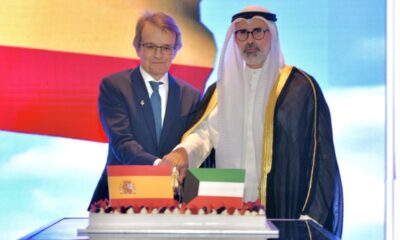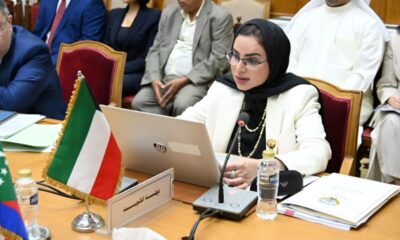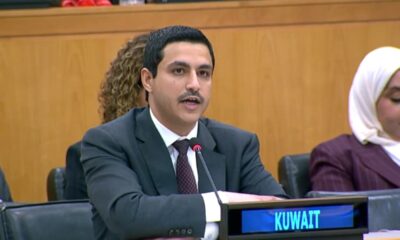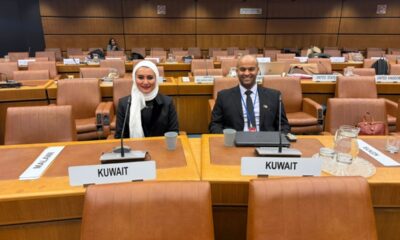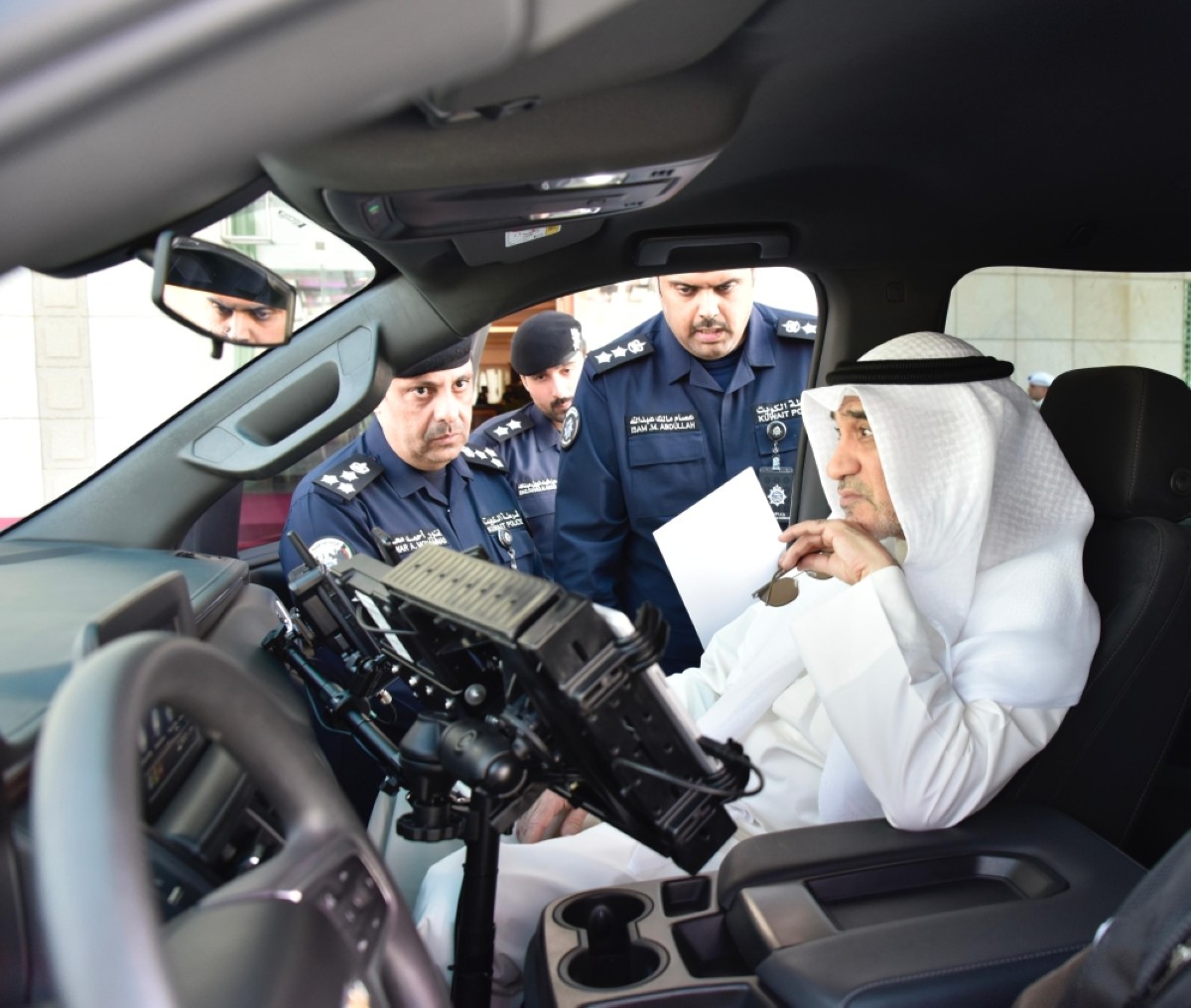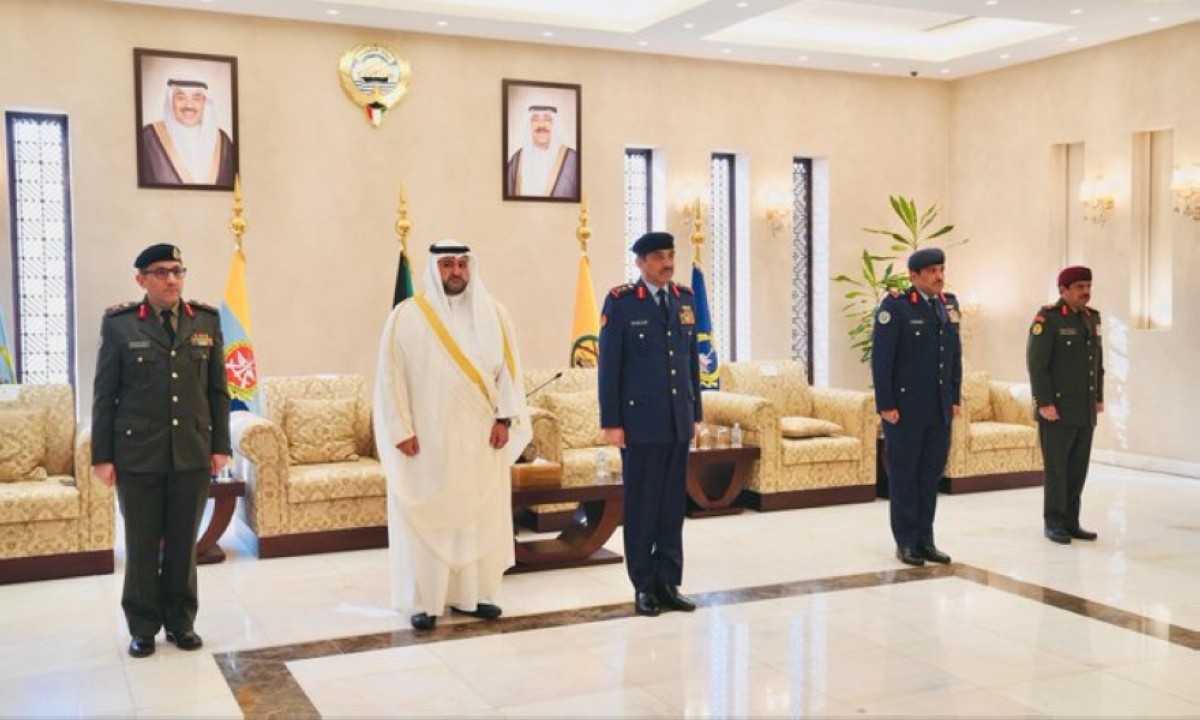KUWAIT: Kuwait is prioritizing environmental concerns as a pivotal and strategic pillar within its national plans and future programs. Over the past two years, the government has intensified its efforts to adopt strategies for environmental sustainability, guided by the directives of His Highness the Amir Sheikh Meshal Al-Ahmad Al-Jaber Al-Sabah.
The Cabinet has played a key role in advancing the national vision for environmental sustainability, regularly placing the long-term low-carbon development roadmap at the forefront of its agenda.In this context, Oil Minister Tareq Al-Roumi and officials from the Environment Public Authority (EPA) presented a visual outline of the roadmap in July.
This plan aims to enhance resilience against climate change by employing integrated, innovative, and technical solutions within a circular carbon economy, and it also includes supportive initiatives for environmental innovation and green investment across multiple sectors. Kuwait has strengthened coordination with China to activate memoranda of understanding (MoU) in key areas, such as low-carbon green systems for waste recycling, electrical infrastructure, renewable energy, and the environmental development of sewage treatment facilities.
These agreements serve as key components in translating the country’s ambitious goals into tangible steps toward a sustainable future aligned with Kuwait Vision 2035. A central aim is to preserve the environment for future generations. In parallel, Kuwait’s 2050 Low-Carbon Strategy, launched by the EPA in November 2023 in collaboration with the UN Environment Programme and other state sectors, underscores its commitment to the UN Framework Convention on Climate Change (UNFCCC).
Kuwait became the second Gulf country to present such a strategy. The country is targeting carbon neutrality by 2060, with a focus on diversifying energy revenue, increasing renewable energy use, replacing fossil fuels with natural gas, and utilizing waste to support environmental sustainability. The first State of the Environment Report, issued by the EPA last year, marks a major milestone in assessing environmental conditions and exemplifies successful cooperation among governmental agencies.Prepared in collaboration with the UN, the report focuses on seven key areas: Climate change, waste management, water resources, biodiversity, marine and coastal environments, and more.The EPA’s efforts have led to the launch of four strategic projects focused on environmental protection, sustainable development, waste management, and combating desertification. These initiatives aim to improve performance indicators and foster public-private partnerships in environmental preservation.Urban planning efforts, such as Kuwait’s Fourth Structural Plan (2040 Master Plan), promote green buildings and healthier living environments.
On the legislative side, Kuwait’s environmental protection law includes policies aimed at conserving natural resources and ecosystems. These measures are designed to prevent or reduce air pollution, ensure biodiversity, and promote sustainable living conditions. The law mandates the identification and regulation of fixed pollution sources and enforces penalties for environmental violations.
During the recent Sustainable Energy Conference, Kuwait reaffirmed its commitment to achieving a balanced energy mix, aiming for 50 percent of its electricity to come from renewable sources by 2025. In his speech, Minister of Electricity, Water and Renewable Energy and Acting Minister of Finance and Minister of State for Economic and Investment Affairs, Sabeeh Al-Mukhaizeem, emphasized the adoption of comprehensive plans and ambitious projects that align with Kuwait’s global commitments and its vision for a sustainable future.Kuwait’s renewable energy strategy involves three tracks: Long-term projects like the Shagaya Renewable Energy Park, short-term solutions, and smaller-scale initiatives requiring all facilities to generate 10 percent of their electricity from renewable sources.
The Shagaya project, a public-private partnership, is being developed in two phases: the first will generate 1,100 MW, and the second 500 MW.The Public Authority of Agriculture Affairs and Fish Resources is also advancing initiatives to expand green cover across the country by planting trees and increasing green spaces in parks and along streets. The authority has implemented plans for artificial barriers and redistributed agricultural areas to help control sand dunes, fight desertification, and mitigate pollution.
Public parks remain a cornerstone of Kuwait’s environmental efforts, offering diverse green spaces across the country.Kuwait has consistently affirmed its commitment to regional and international environmental agreements and has actively collaborated with global organizations in this field. In this context, Sami Dimassi, United Nations Environment Programme (UNEP) representative and Regional Director for West Asia, praised Kuwait’s commitment to developing responsive strategies and action plans that address urgent environmental needs.
He highlighted the progress Kuwait has made in promoting environmental initiatives and sustainable development. Ghada Al-Taher, UN Resident Coordinator in Kuwait, lauded the country’s active role in environmental sustainability and its participation in initiatives addressing critical issues such as desertification, water scarcity, and biodiversity loss. Kuwait ratified the United Nations Framework Convention on Climate Change (UNFCCC) in 1995 and the Kyoto Protocol in 2005 and has consistently participated in global climate summits.At the Middle East Green Initiative Summit 2022 in Sharm Al-Sheikh in Egypt, Kuwait reaffirmed its full commitment to the initiative’s outcomes-marking a key regional turning point in climate action and a foundation for regional collaboration in combating climate change. — KUNA
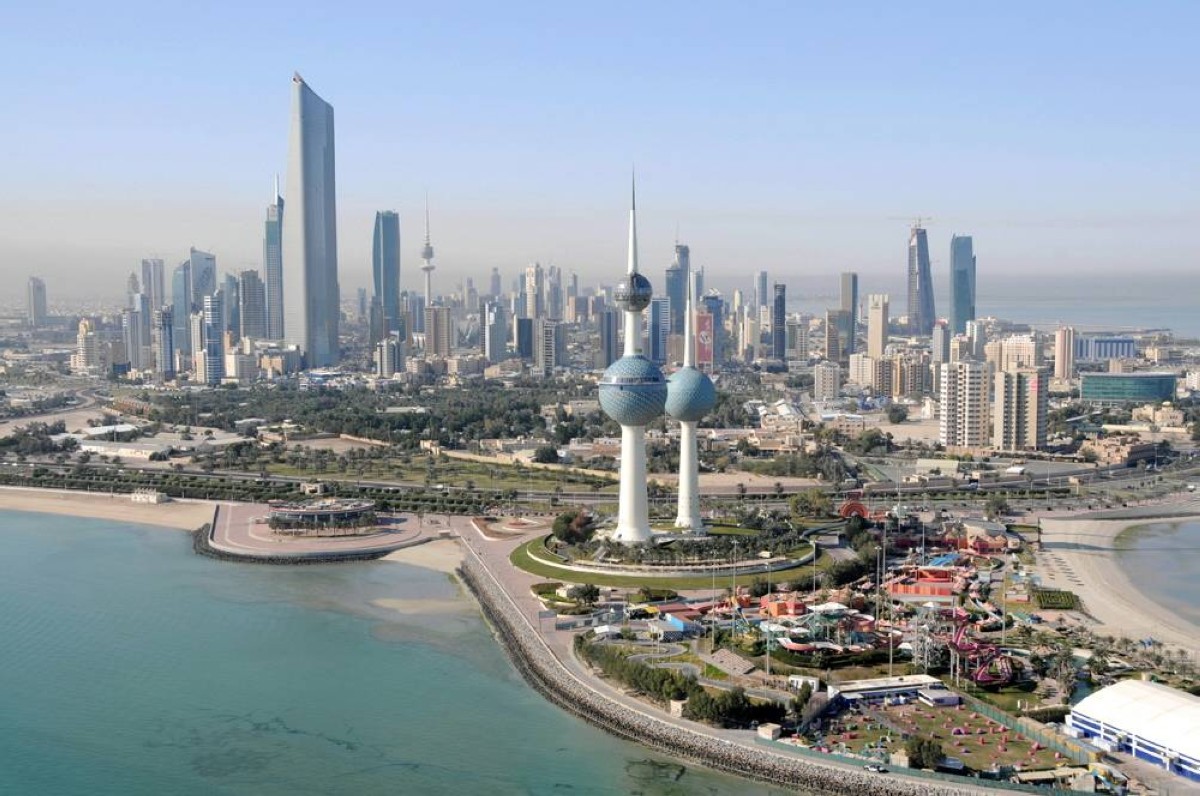

 Politics23 hours ago
Politics23 hours ago
 Latest News24 hours ago
Latest News24 hours ago
 Latest News22 hours ago
Latest News22 hours ago
 Politics14 hours ago
Politics14 hours ago
 Politics13 hours ago
Politics13 hours ago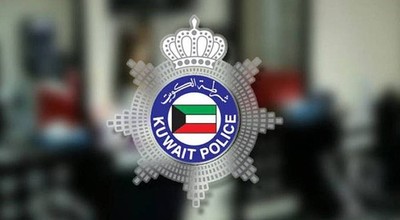
 Politics11 hours ago
Politics11 hours ago
 Politics9 hours ago
Politics9 hours ago
 Business14 hours ago
Business14 hours ago
